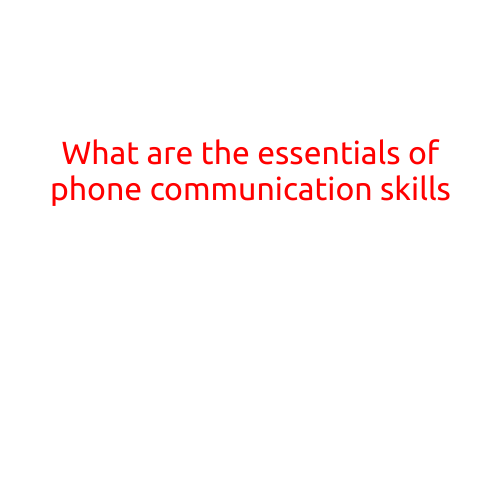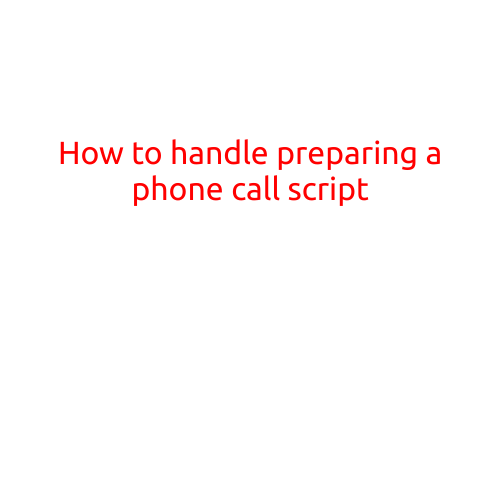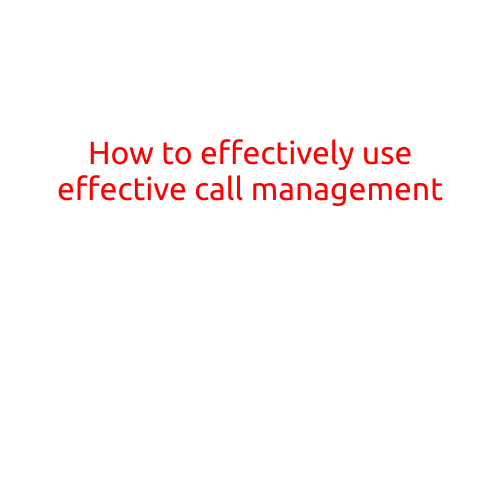
What are the Essentials of Phone Communication Skills?
In today’s fast-paced world, phone communication has become an essential tool for both personal and professional interactions. While face-to-face conversations are still preferred, phones have become a primary means of communication for many people. However, effective phone communication skills are often overlooked, leading to misunderstandings, miscommunications, and even damaged relationships.
In this article, we’ll explore the essentials of phone communication skills, helping you to improve your ability to communicate effectively on the phone and achieve your goals.
1. Clarity and Enunciation
The first essential of phone communication skills is clarity and enunciation. Make sure to speak clearly and at a moderate pace, avoiding mumbling or speaking too quickly. This will help the person on the other end understand you better and reduce the likelihood of miscommunication.
2. Active Listening
Active listening is crucial in phone conversations. Pay attention to what the other person is saying and show that you’re engaged in the conversation. Repeat back what you’ve understood to ensure you’re on the same page, and ask questions to clarify any doubts.
3. Proper Tone and Inflection
The tone and inflection of your voice can greatly impact the tone of the conversation. Speak in a friendly and professional tone, avoiding aggressive or defensive language. Use inflections to convey enthusiasm, empathy, or interest, and vary your tone to avoid monotony.
4. Body Language
While you can’t see the other person’s body language over the phone, you can still use your own body language to convey confidence and enthusiasm. Stand up straight, use gestures while speaking (even if you’re at home), and avoid slouching or crossing your arms.
5. Prepare Before the Call
Before making a call, take a few minutes to prepare. Review any relevant notes or documents, clarify your goals and objectives, and gather any necessary information. This will help you stay focused and ensure a productive conversation.
6. Minimize Distractions
Phone calls can be easily disrupted by distractions like background noise, TV, or other people. Find a quiet and comfortable space for your call, and silence any distracting devices or people.
7. Be Open-Minded and Flexible
Phone conversations can sometimes be unpredictable, and things may not go as planned. Be open-minded and flexible, and be willing to adapt to changing circumstances or perspectives.
8. Follow-up and Follow-through
After the call, send a summary email or note to confirm any agreements or action items. Follow up with the person on the other end to ensure that tasks are completed and progress is tracked.
9. Practice and Improve
Finally, practice makes perfect. The more you use your phone communication skills, the more comfortable and effective you’ll become. Identify areas for improvement and work on building your skills over time.
In conclusion, effective phone communication skills are essential for personal and professional success. By mastering the essentials outlined in this article, you’ll be able to communicate clearly, build strong relationships, and achieve your goals. Remember to focus on clarity, active listening, proper tone and inflection, body language, preparation, minimizing distractions, being open-minded and flexible, following up and following through, and practicing and improving. With these skills, you’ll be well on your way to becoming a phone communication pro.





